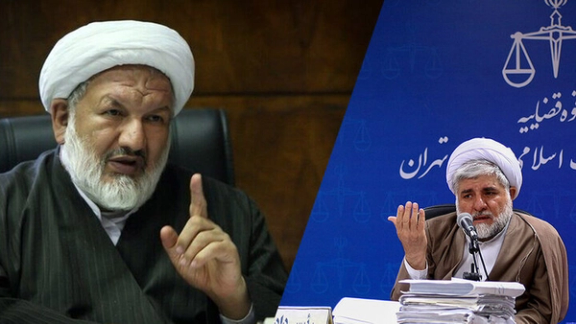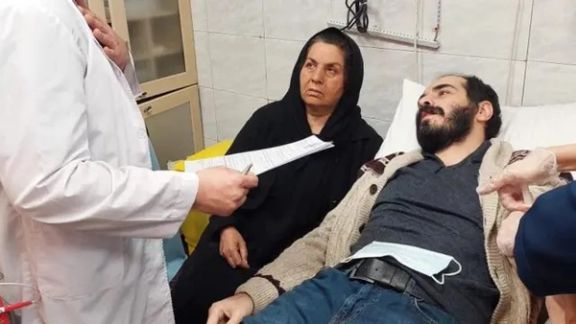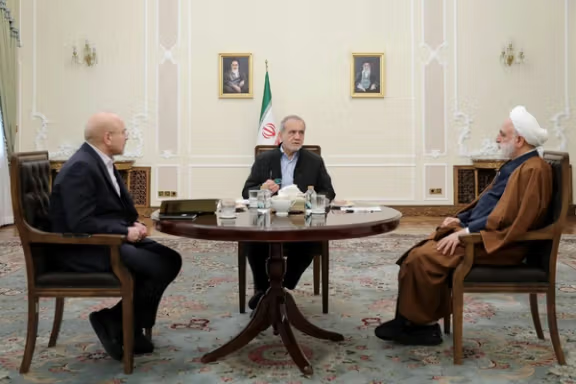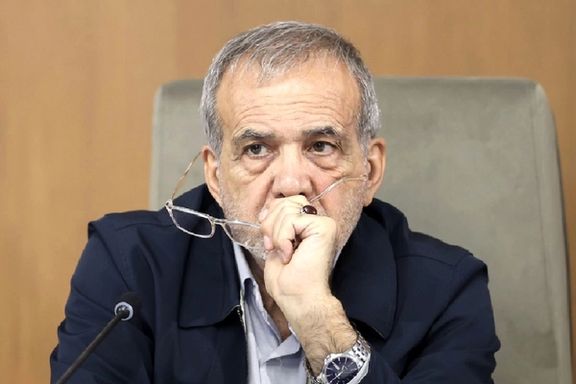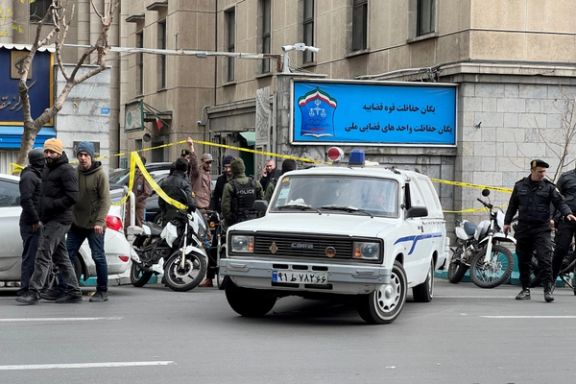ANALYSISKilling of judges shows protests no longer confined to streets - analyst
"The killing of the two notorious judges, Ali Razini and Mohammad Moghiseh, reflects the people's dissatisfaction with the Islamic Republic, which is no longer controllable," said Iranian political analyst Morad Vaisi.
"What was thought to be protests confined to the streets has now reached the offices of officials," he said Saturday.
"When the Islamic Republic eliminates the possibility of public participation in elections and there are no free elections in Iran, and when it simultaneously deprives people of the right to peaceful street protests, it is natural for anger and dissatisfaction to remain in society and manifest itself in various forms," Vaisi added.
